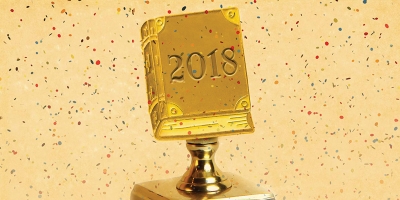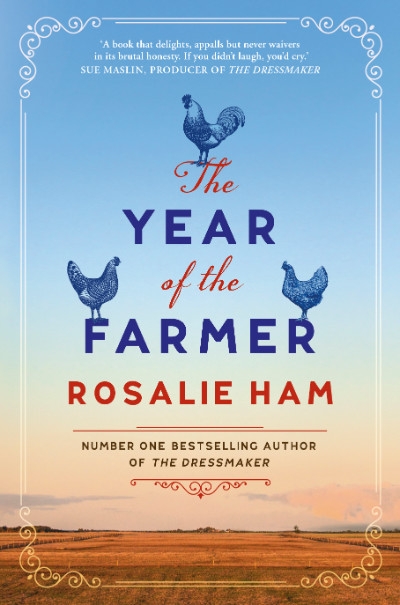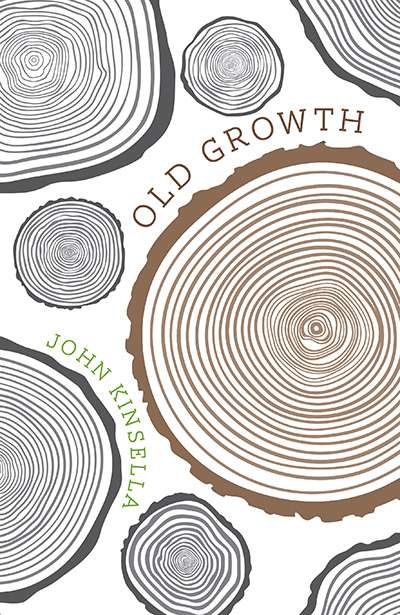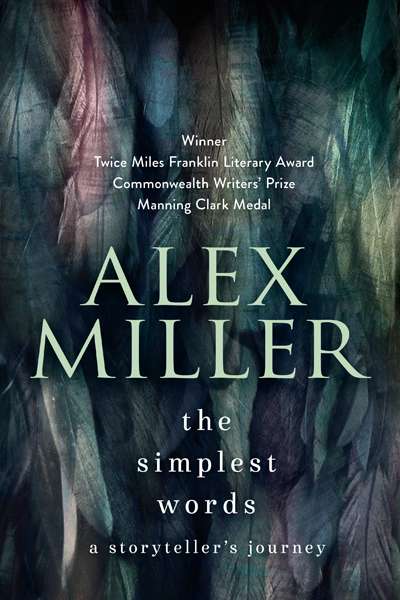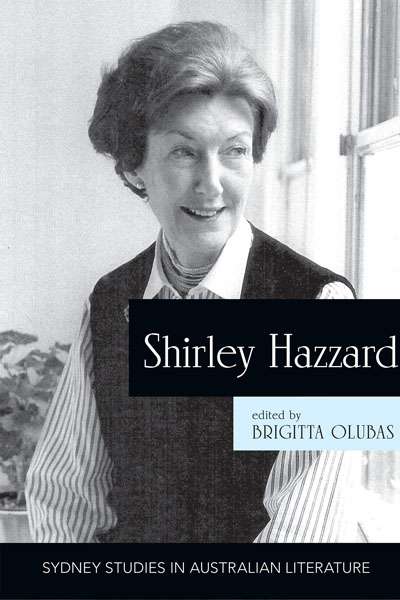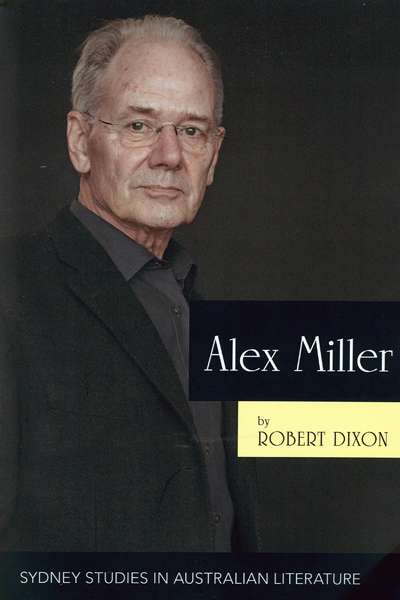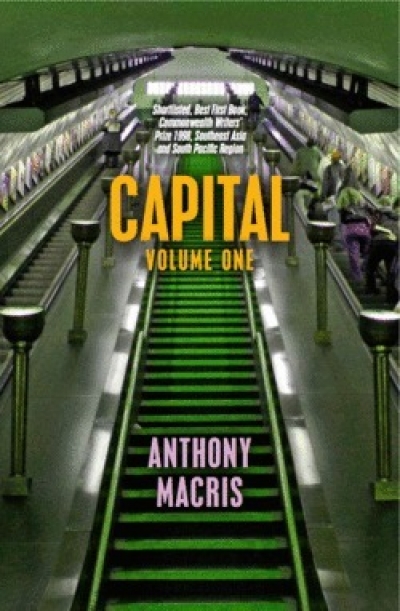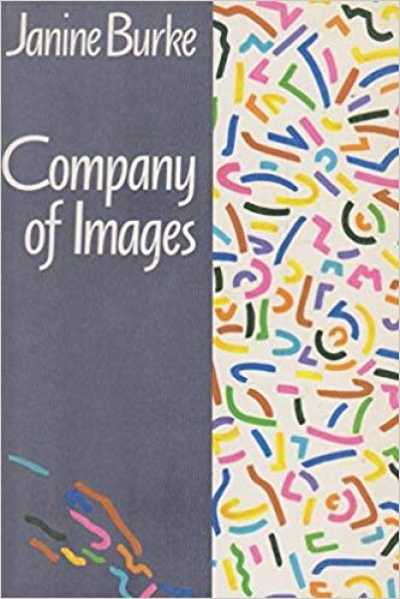Brenda Walker
To celebrate the best books of 2018, Australian Book Review invited nearly forty contributors to nominate their favourite titles. Contributors include Michelle de Kretser
... (read more)Originally published in German, Albrecht Dümling’s The Vanished Musicians: Jewish refugees in Australia (Peter Lang), a fascinating compendium of Jewish musicians who found refuge in Australia in the 1930s and 1940s, is now available in Australian Diana K. Weekes’s excellent translation ...
... (read more)Jennifer Maiden's The Fox Petition: New Poems (Giramondo) conjures foxes 'whose eyes were ghosts with pity' and foxes of language that transform the world's headlines
... (read more)Shirley Hazzard: New Critical Essays edited by Brigitta Olubas
by Brenda Walker •

